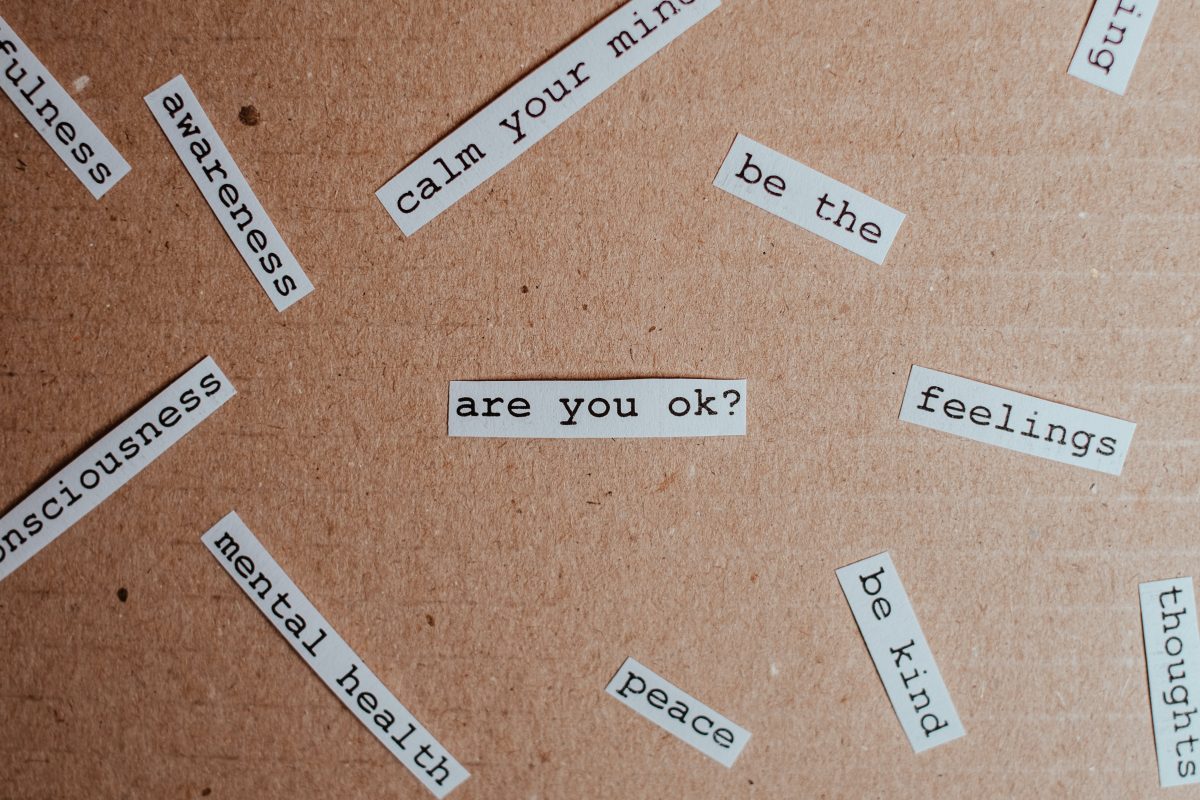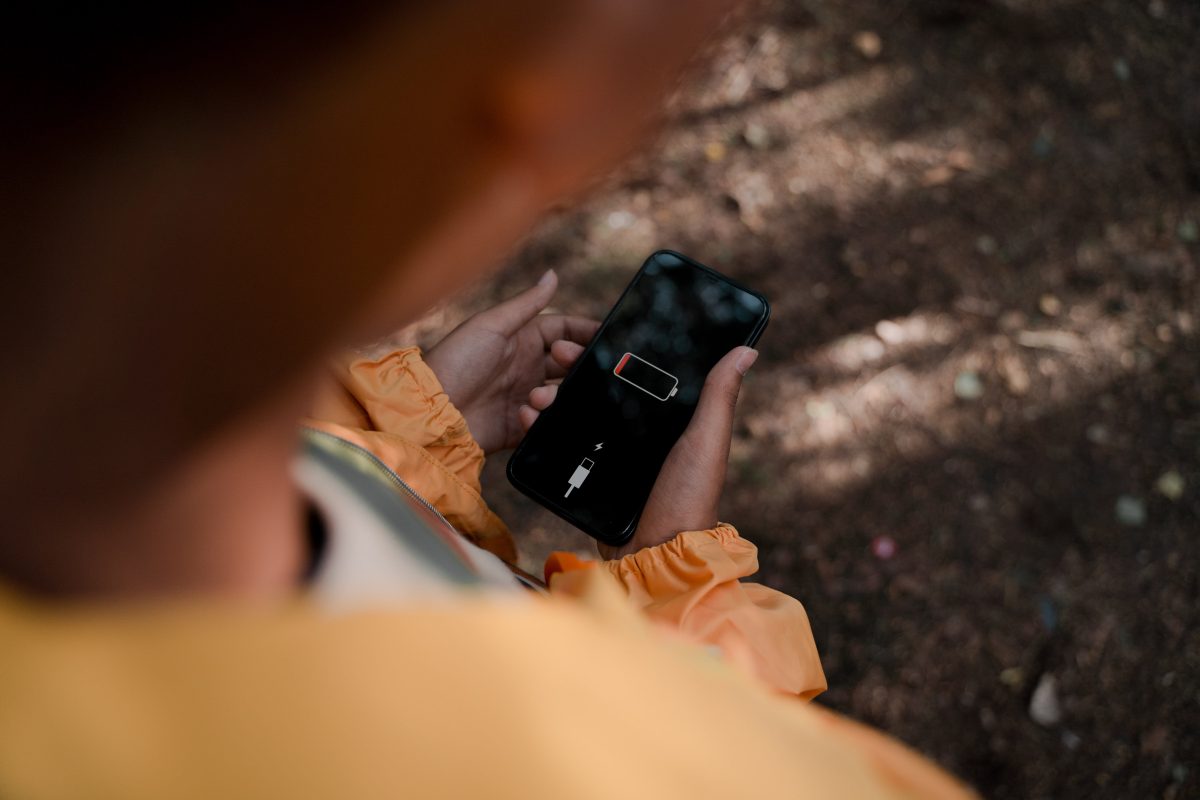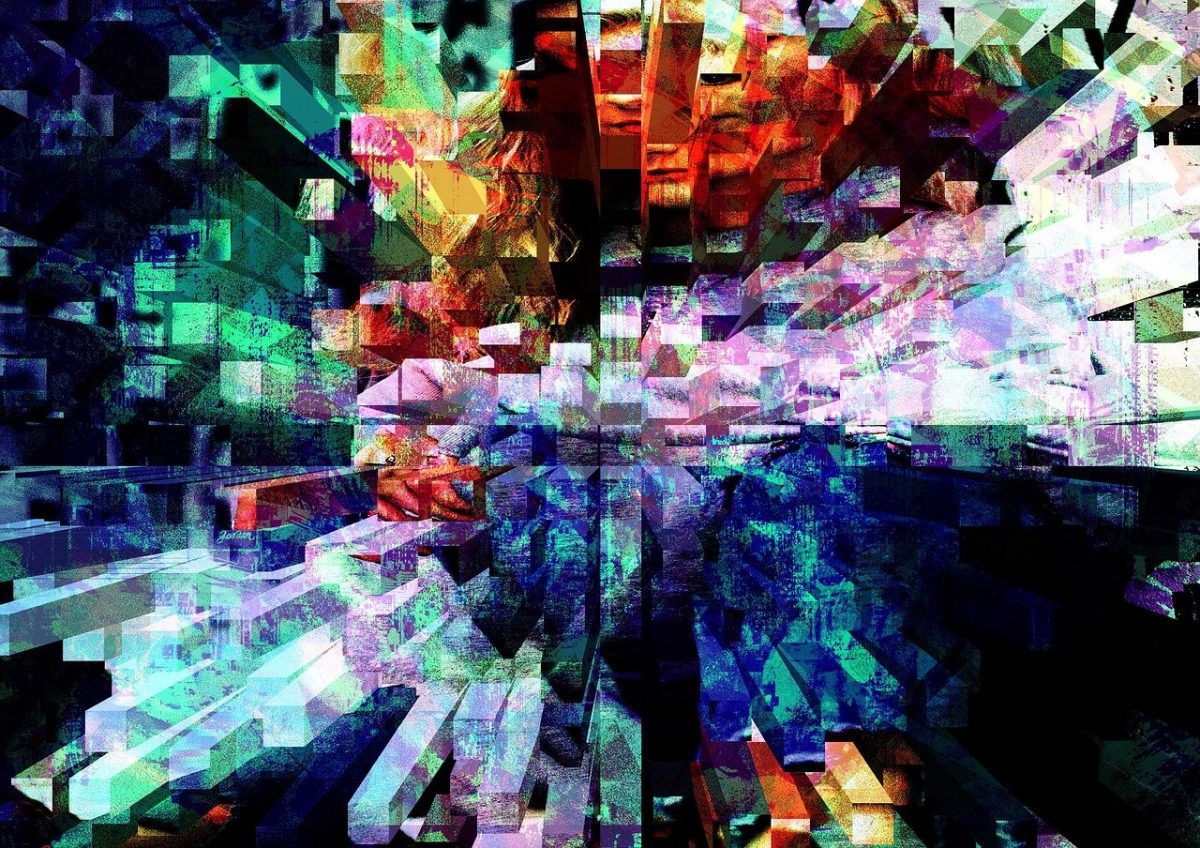
By Yamila García
I began the most important path of my life at an age that was not ideal, in a country that was not mine, in a language I did not know, and with total ignorance of the system and everything that surrounded me. I started this path without thinking too much, just taking a small step and signing up for English classes at a community college. That small step I took was the beginning of something that almost took me naturally. I always say that sooner or later, life ends up putting you where you need to be, and indeed, it did just that with me!
When I look back, it feels like 20 years have passed since that “first step”. However, it was less than 5 years ago. In an attempt to reduce uncertainty, I always had the impulse to plan everything, from today to the last of my days if possible. However, almost instinctively, on this path, I only focused on completing the next step, nothing more than that. The next homework, the next lab, the next midterm. This is how I completed weeks, months, semesters, and years until I reached this point where I just graduated. This is a goal that I was never able to even set for myself because it seemed too big, too impossible. However, I was able to achieve it because I never looked up to see the top of the mountain; I always kept my eyes on what was closest.
I think this is the first time I’ve done something this way, without letting myself be overwhelmed by the immensity of the great goal. My therapist was the one who helped me incorporate this tool so that things were more manageable for me and anxiety didn’t block me. It seems like a simple concept, but applying it after so many years of operating in an “all or nothing” mode takes a lot of effort and commitment. But everything is possible, we learn from everything, and whenever we believe that we cannot do something, we must remember that maybe we just cannot do it in a certain way, but that does not mean that there are not other ways that do work for us. In my case, it was breaking the big goal into smaller, more manageable tasks, without looking further than a week into the future.








